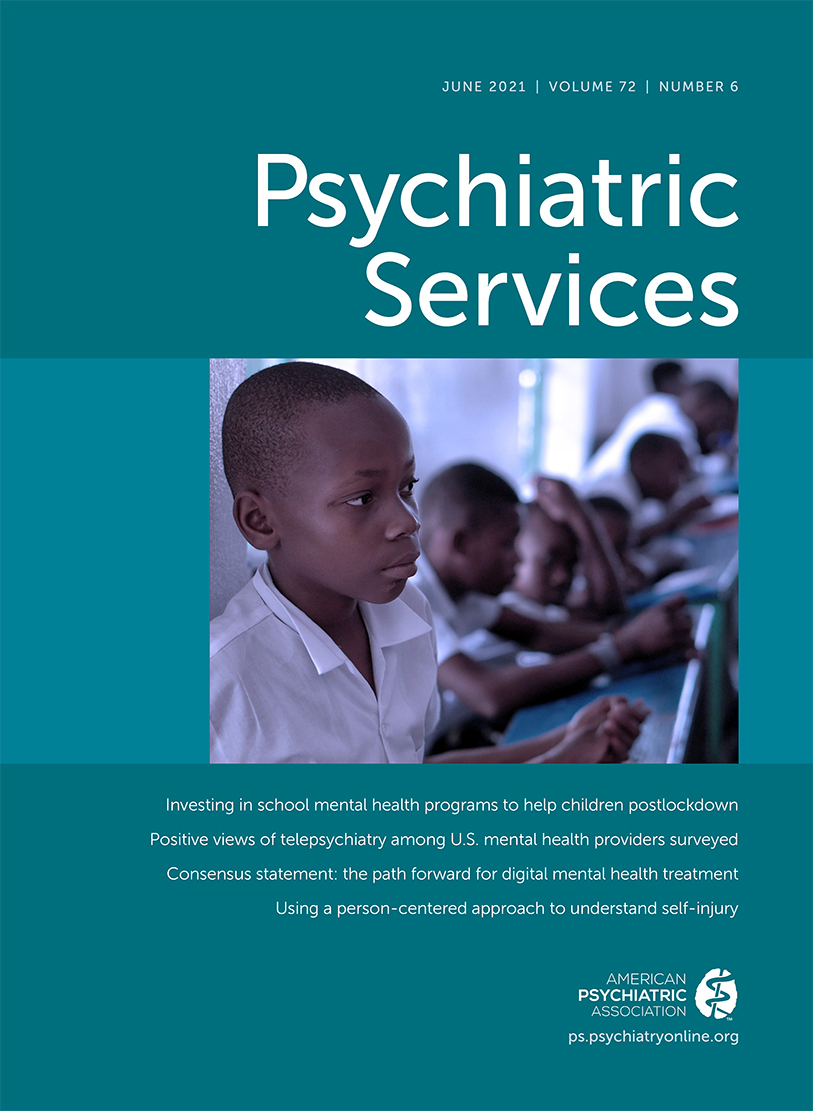Assessing the Recovery Assessment Scale Across Time
Abstract
Objective:
The Recovery Assessment Scale (RAS) is one of the most used recovery measures in recovery-oriented practice evaluation of people with mental health conditions. Although its psychometric properties have been extensively studied, one critical piece of information that is missing from the literature is evidence of its longitudinal factorial invariance—that is, whether the RAS measures the same recovery construct across time. The authors empirically tested the longitudinal factorial invariance assumption for the RAS.
Methods:
Structural equation modeling was used to test the longitudinal factorial invariance of the RAS with data longitudinally obtained at three time points from 167 people with severe mental illness.
Results:
The longitudinal factorial invariance assumption was supported (i.e., configural, metric, partial scalar, factor variance and covariance invariance).
Conclusions:
This study found empirical evidence that the RAS can measure the same recovery construct over time and thus meets one of the important prerequisites for longitudinal assessment.



